In the Los Angeles Jewish world, the Sephardic Jewish community stands out for two things: its stylishness and its separateness.
Both stem from centuries of religious and cultural practices that evolved outside the predominant Ashkenazi sphere and imbued the community with a kind of flashy distinctiveness. On the surface, last weekend’s opening-night gala of the 10th annual Sephardic Jewish Film Festival was no exception: There was the glamorous venue on the Paramount Pictures studio lot, the red-carpet-worthy movie stars, and because it was a Jewish event, more food than 500 people could consume in one evening — plus dessert.
Even Alfred Molina, the critically acclaimed actor from “An Education,” “Spider-Man 2” and “Chocolat” who served as the evening’s emcee, noted all the sparkle. After leaving his reading glasses at home, he had to borrow festival chair Sarita Fields’ crystal-specked rims.
“I’ve never felt quite so gay as I do now,” Molina said, provoking laughs. He also never felt so Jewish: “I’m half-Spanish, half-Italian, my daughter is Jewish, I love bourekas, so cut me some slack — that’s the closest I’ll ever get!”
The celebration, which commemorated a decade of Sephardic Jewish influence in international film culture, also offered a surprising display of group self-deprecation and insecurity.
“I hate being preceded by someone with a British accent,” Rabbi Daniel Bouskila, director of special projects at the Sephardic Educational Center of Jerusalem and Los Angeles, said of Molina. “Everything sounds better with a British accent. In films, God always has a British accent.”
But the weeklong festival, most of which takes place at Laemmle’s Music Hall 3 Theatre in Beverly Hills, isn’t only about film. In fact, the festival was created to help raise money for the Sephardic Educational Center (SEC), established more than 30 years ago as a center of Sephardic study and culture.
The opposite of clannish, the SEC has an ambitious goal: to impart a global version of Sephardic Judaism, open to any Jew interested in Sephardic customs. The festival’s Nov. 14 opening-night gala honored the center’s founders, Dr. Jose and Freda Nessim (South American, with roots in Syria, Egypt and Spain), as well as producer Michael Benaroya (Greece’s island of Rhodes) and actress Emmanuelle Chriqui (Moroccan).
Despite the self-celebration, in her acceptance speech, Freda Nessim referred to Sephardic Jewry as “the weak arm of the Jewish experience.” And French filmmaker Gad Elmaleh, whose film “Coco” screened that night, mocked the name of the festival: “Forus, it’s not enough to just say ‘Jewish film festival,’ ” he said. “It has to say ‘Sephardic’ first; we have to have our own thing.”
The director and star of “Coco,” a French comedy, joked, “It always sounds better to have a movie by Steven Spielberg than a movie by [Aroun] Benchkaroun.”
The evening’s salt-and-pepper humor was peppered with self-doubt. The Sephardim made no secret of feeling like outsiders in the Jewish community.
“We’re a minority,” Fields, who co-chairs the festival with Neil Sheff, said during a phone interview. “There are far more Eastern European Jews than Sephardic Jews, and then there are so many diverse types of Sephardics that are like minorities within minorities. I used to hear from my grandparents that when they went up to Seattle, people didn’t think they were Jewish — we don’t speak Yiddish, we don’t eat bagels. It’s a whole different culture.”
Bouskila, who recently stepped down after 17 years on the pulpit at Sephardic Temple Tifereth Israel to join the SEC, has a theory about the roots of Sephardic Jewish anxiety.
“If you look at the two major Sephardi dispersions in the last several years — to the United States and Israel — in both places, Sephardim were really not the majority voice or way of life,” Bouskila said. “The predominance of organized Jewish life has largely been Ashkenazic — bagels, cream cheese, lox, ‘Fiddler on the Roof’ — this is what we’ve known as the prevalent cultural depiction of the Jew. The Sephardic Jew was always kind of secondary, or ethnic, or exotic. It wasn’t mainstream.”
Bouskila also said that because Zionism developed largely as an Eastern European idea, Israel also feels heavily Ashkenazic. Since Israel’s founding, Sephardic Jews have felt like “second-class citizens” — and were sometimes treated that way. But, Bouskila added, that’s all changing.
For Chriqui, being exotic was a great benefit in Hollywood. Because of her raven hair, dark eyes and fair skin, she was cast as Adam Sandler’s Palestinian love interest in the film “Don’t Mess With the Zohan.”
“I loved that I could celebrate my background in that role,” she said in a filmed interview that played for the gala audience. Next, she’s off to Budapest to play an Italian duchess in the Showtime series “The Borgias” about a 15th century criminal dynasty.
But Chriqui is best-known for her role on the HBO series “Entourage,” in which she doesn’t so much appear ethnic as American. For her, Hollywood has become a big, messy melting pot where she can be exotic and ordinary at the same time. It’s exactly the kind of thing the Sephardic community covets: a place of Jewish “inclusiveness.”
The SEC, they hope, will become the embodiment of a new Jewish vision.
“We’re ready to spread the word,” Fields said. “We don’t want to be an isolated organization that only reaches out to Sephardim. We want the SEC to be a place where all Jews can learn. We want to be centrist, moderate and tolerant. We want to spread our philosophy and our mission to the greater Jewish world.”
Bouskila has big plans to turn the SEC into a center that will preserve Sephardic culture without limiting itself ethnically.
“It will no longer be an ethnic-based organization,” he said. “It will be a Sephardic institute with a broad-based philosophy open to all Jewish people.”
The way to feel more included, it seems, is to include others. Or, as Fields puts it, “Once everyone becomes secure in their identity, then they can share it.”









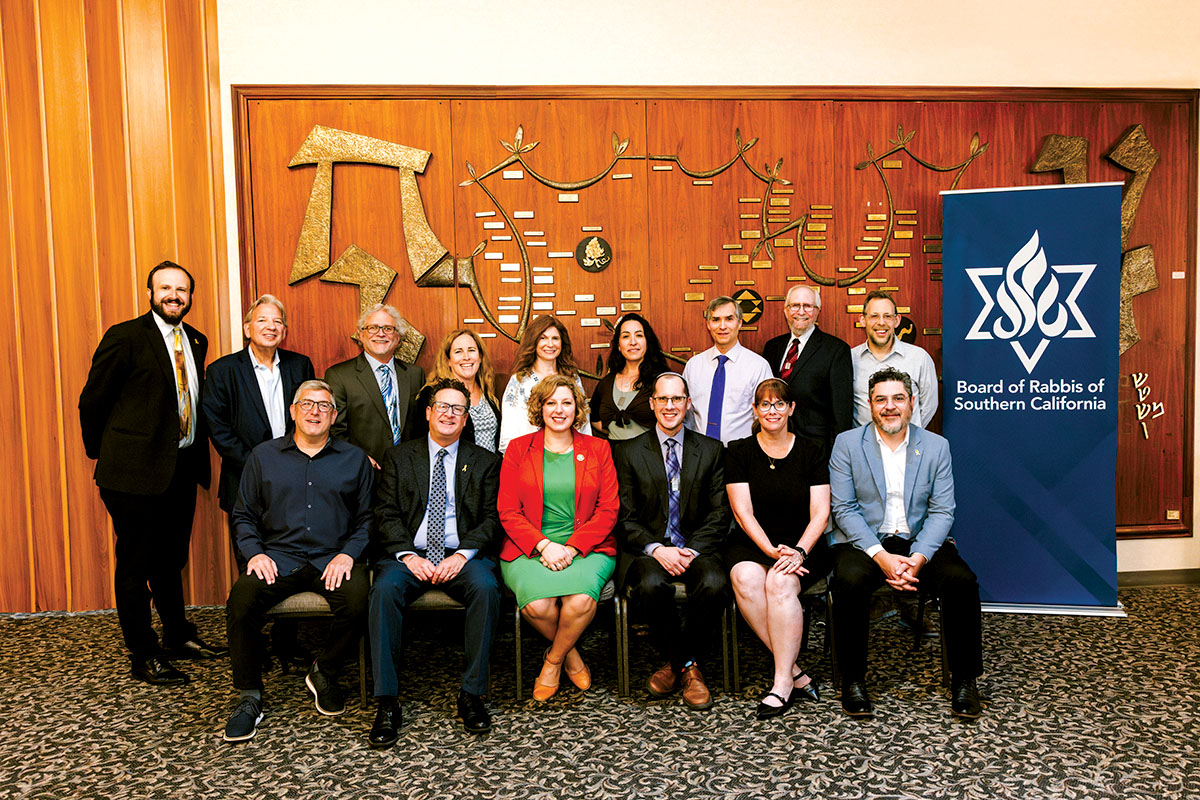
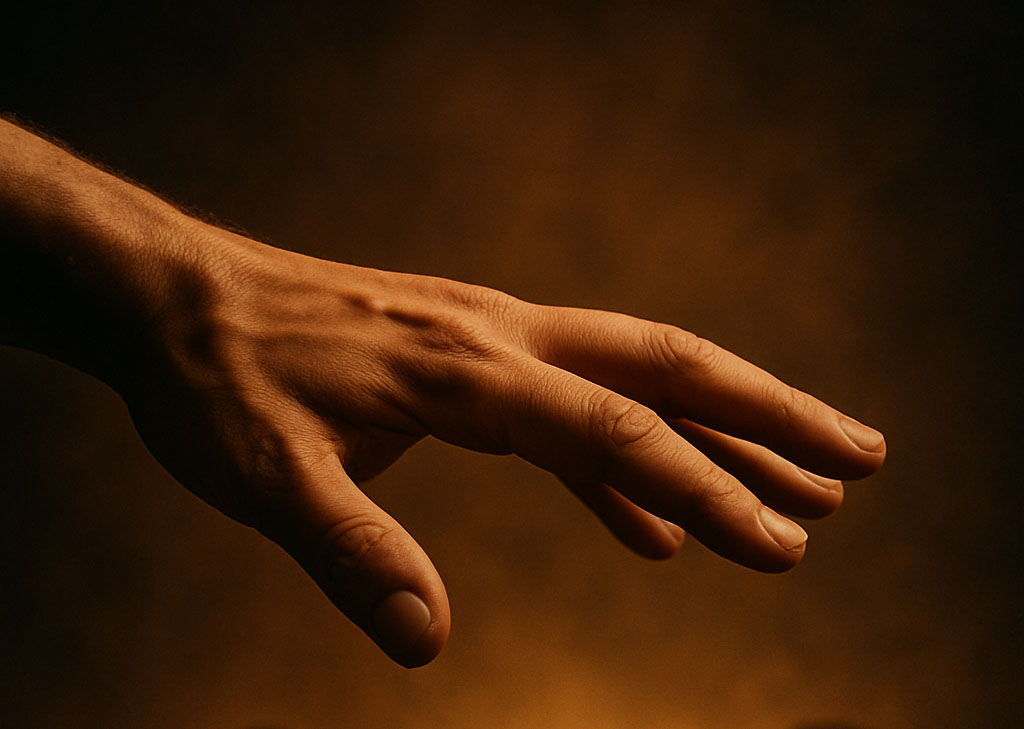

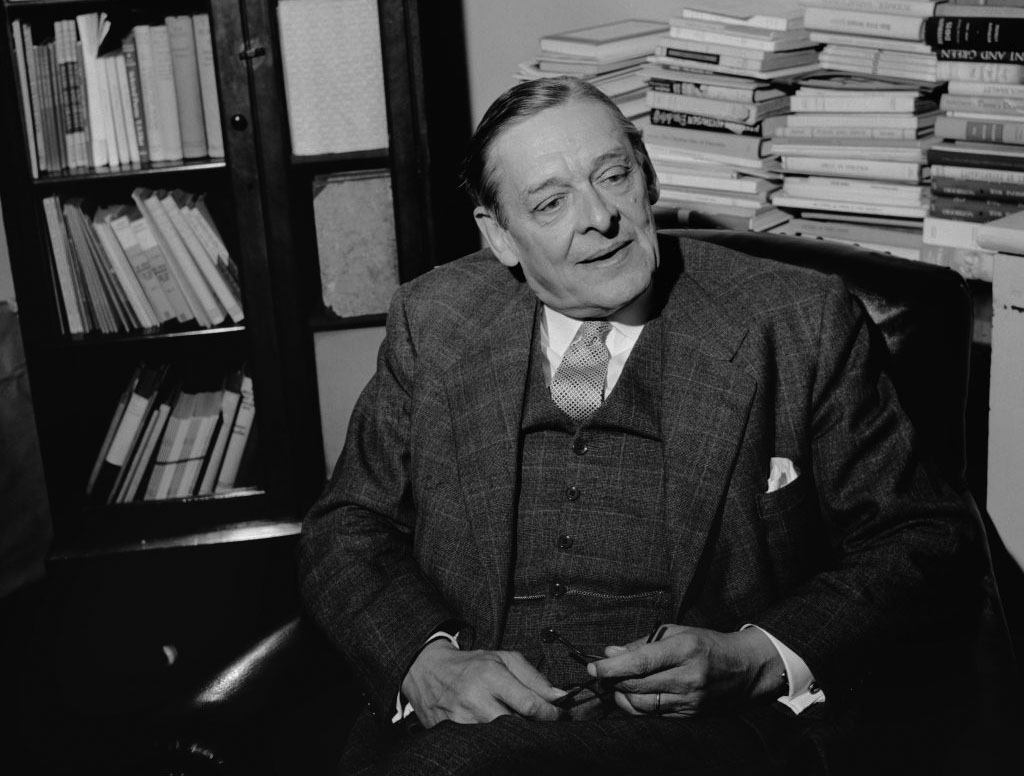
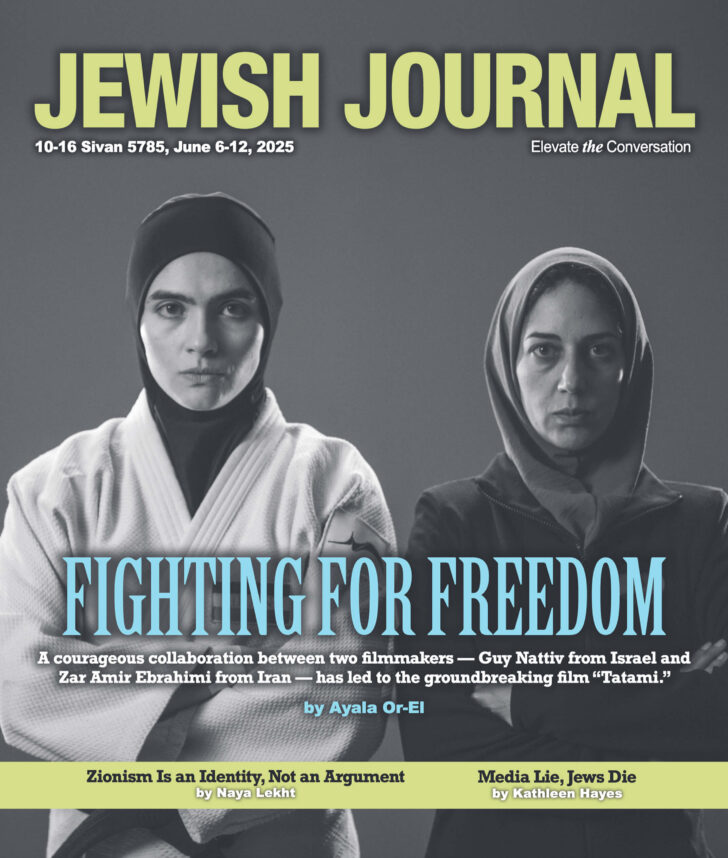
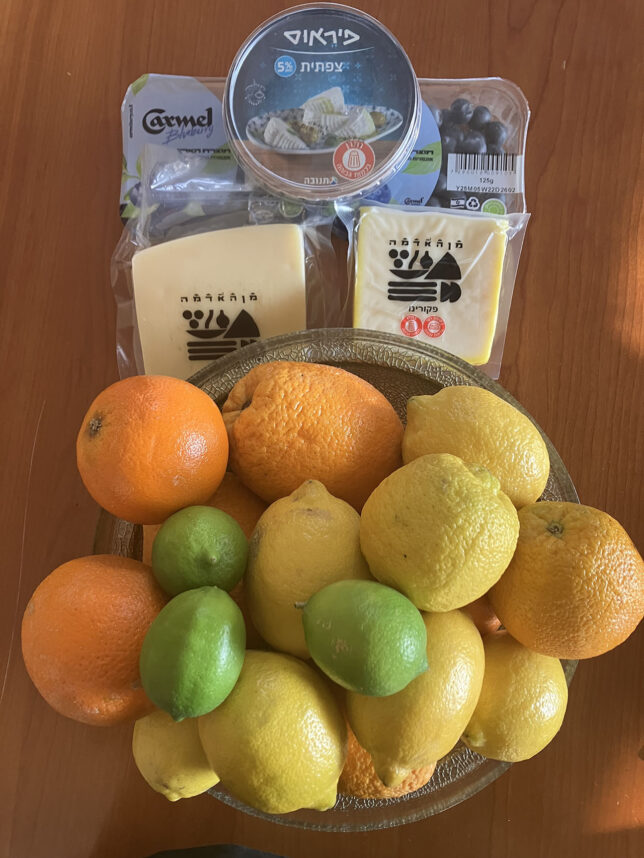
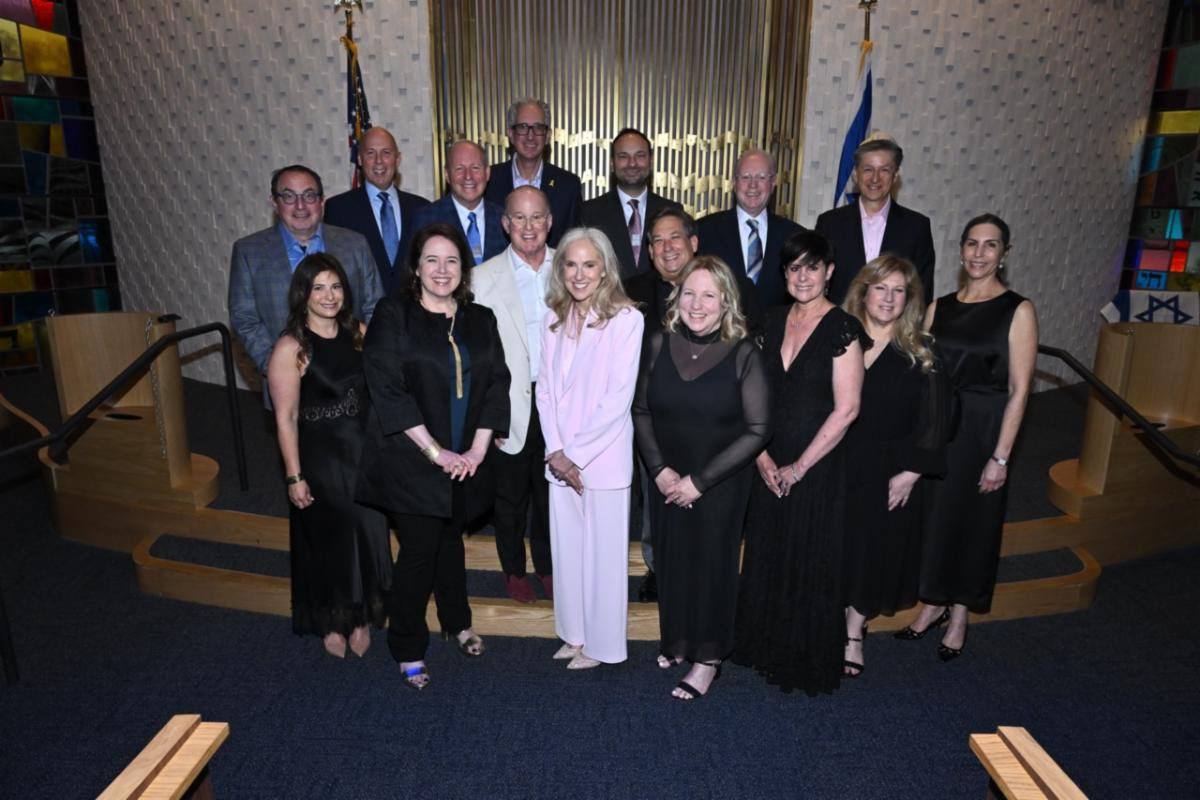
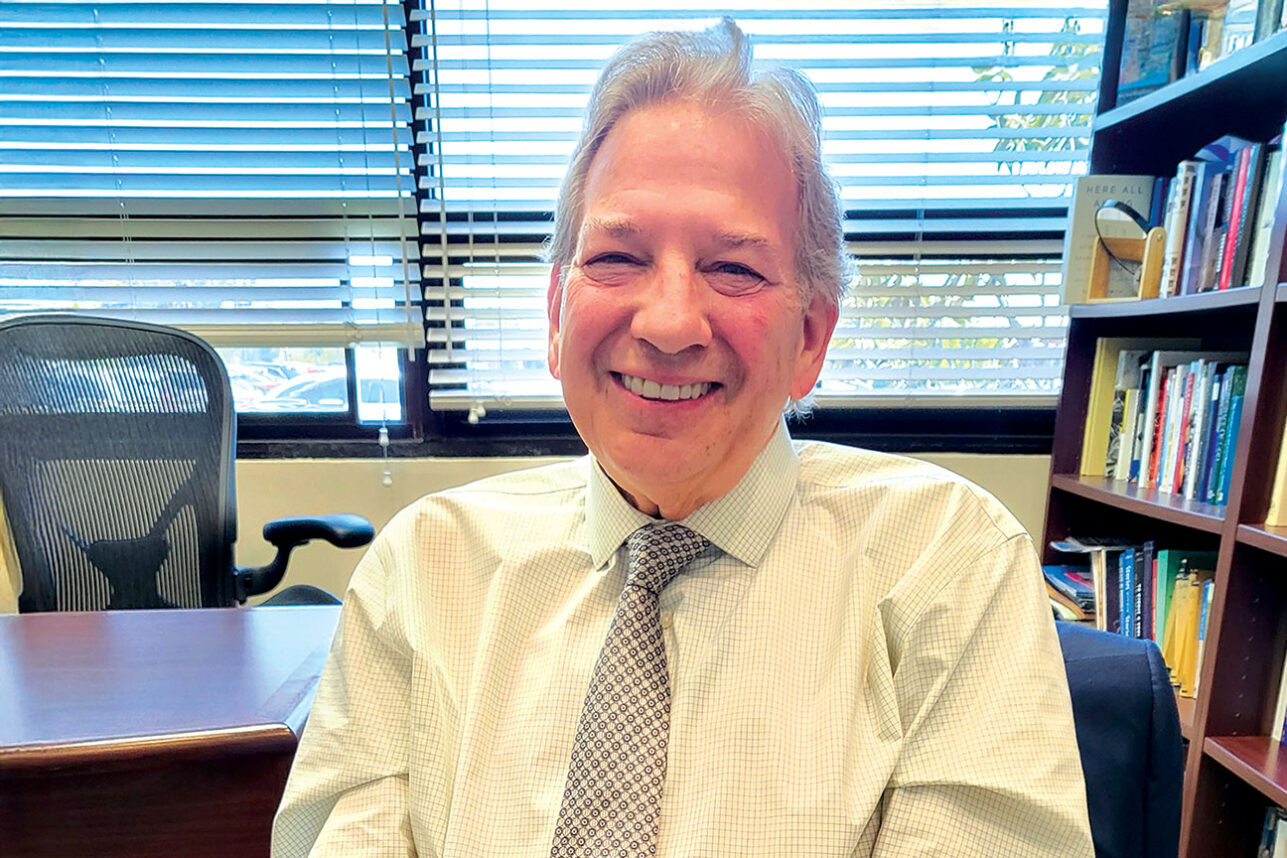
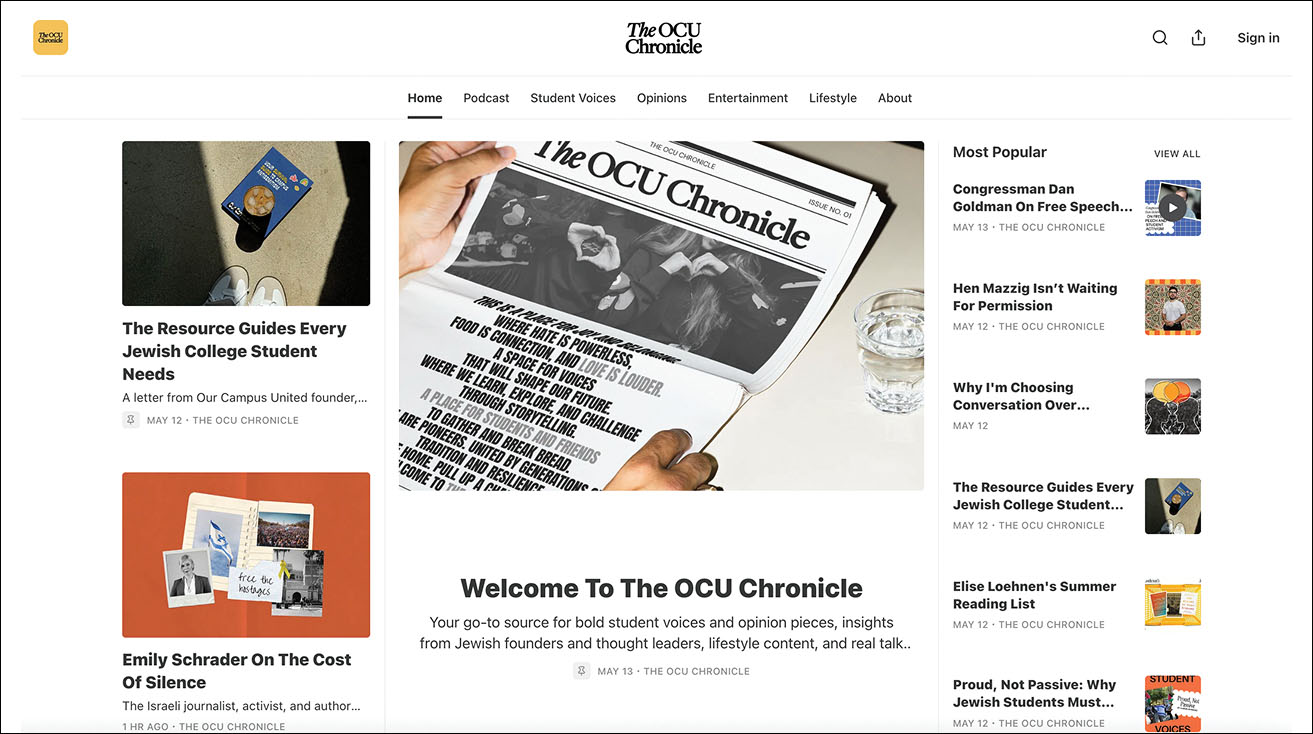



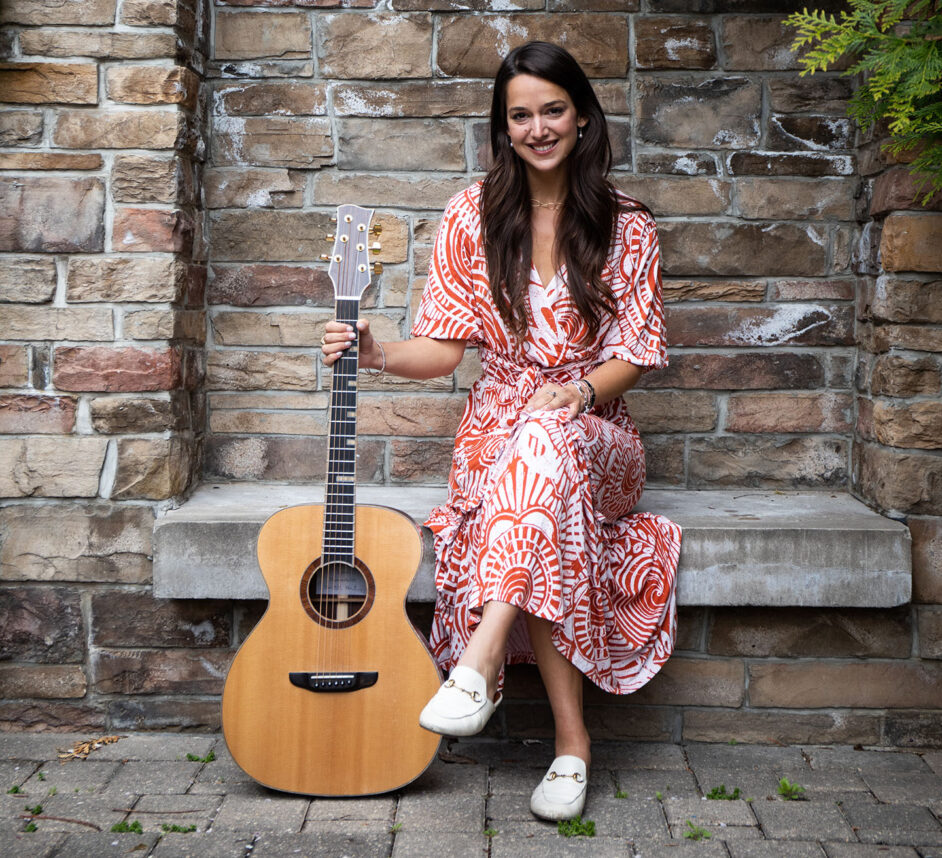
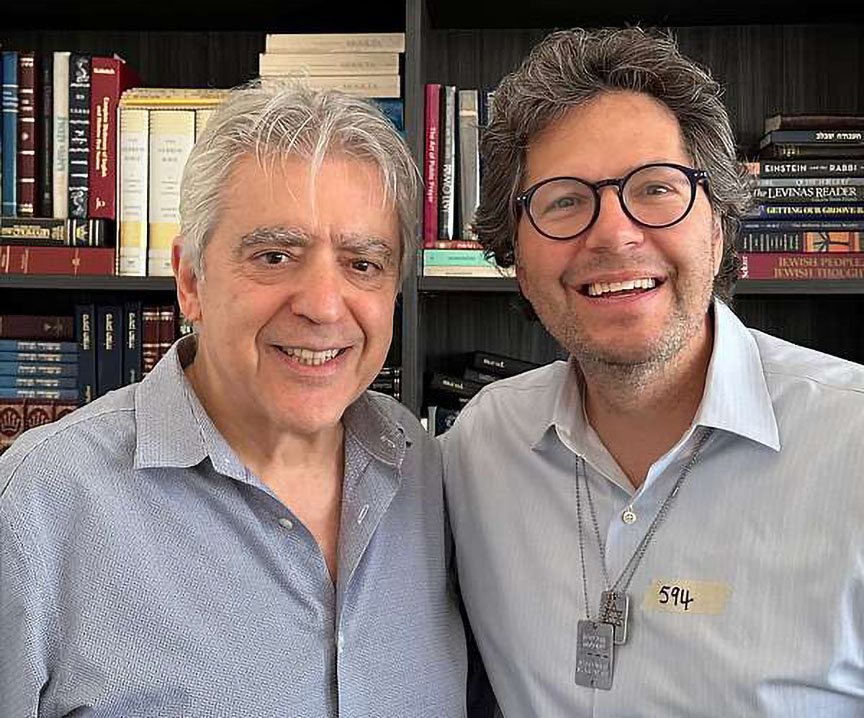

 More news and opinions than at a Shabbat dinner, right in your inbox.
More news and opinions than at a Shabbat dinner, right in your inbox.